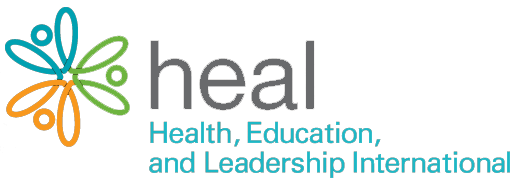During the pandemic, we experienced the dramatic situation of a two-year school closure in Uganda which left millions of children without access to education or the social and psychological benefits that schools provided. This led us to pivot our work towards supporting the health and well-being of the children supported by our programs. This year we were able to return to our original purpose of providing access to education. Our challenge was to help these children return to the classroom and navigate major changes to the education system alongside their own fears and confusion about the pandemic. In February our CEO returned to Uganda, after a 2-year absence, to get a better lay of the land and help our programs prepare for the challenges ahead. Below are some stories from the field over this past year.
The impact of COVID on youth in Uganda
Despite being a populous country (a population of 47 million in a country one-third the size of Alberta) hospitalizations and deaths due to COVID were minimal. This has been attributed to the strict restrictions on travel and lockdowns of businesses, churches, schools and other places of gatherings imposed by the government. These restrictions had a significant negative impact on the economic situation of households, especially those living in poverty and those at the margins of poverty.
More significant was the impact on children and youth who lived through two years of no formal learning and the uncertainties of what would happen in the future. In conversations with these youth, it was clear that they had had a very difficult time where social connections were lost and the activities that kept them occupied were unavailable. With schools reopening, they had to readapt to school activities while at the same time adapt to new changes in how schools operated. Masking, social distancing and realigned spaces were the new reality for 2022 along with a new curriculum to help learners try to catch up with learning they had missed (more about that below). HEAL International’s task was to not just get “seats in desks”, but also help students adapt to these changes to be successful in their education.
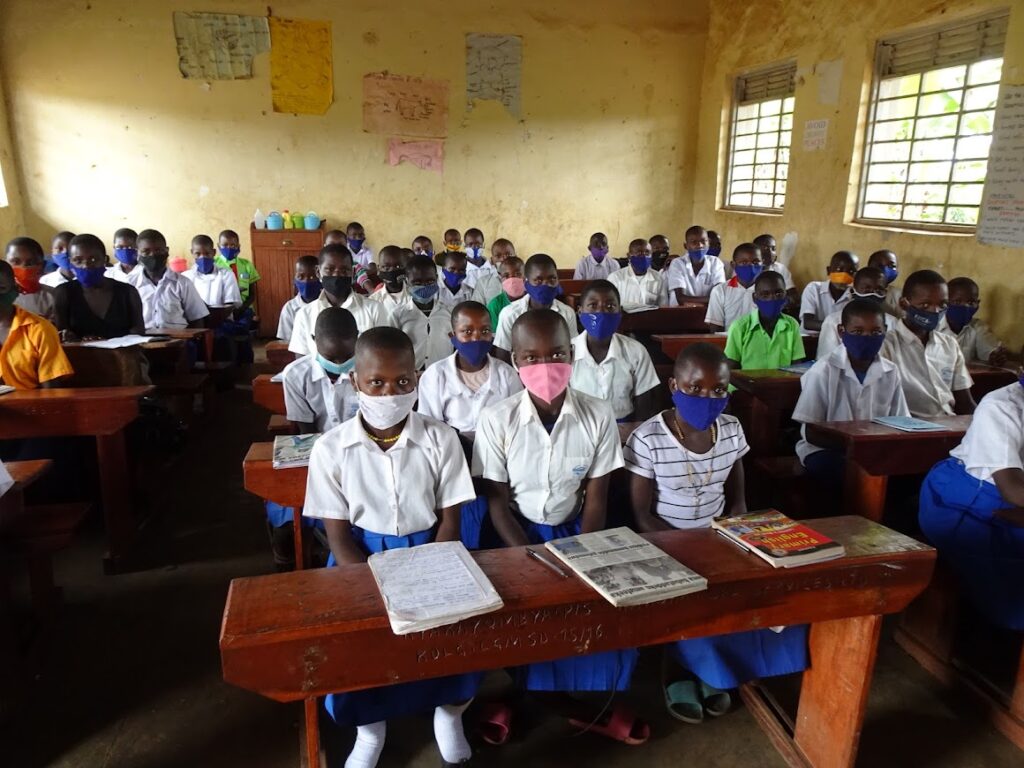
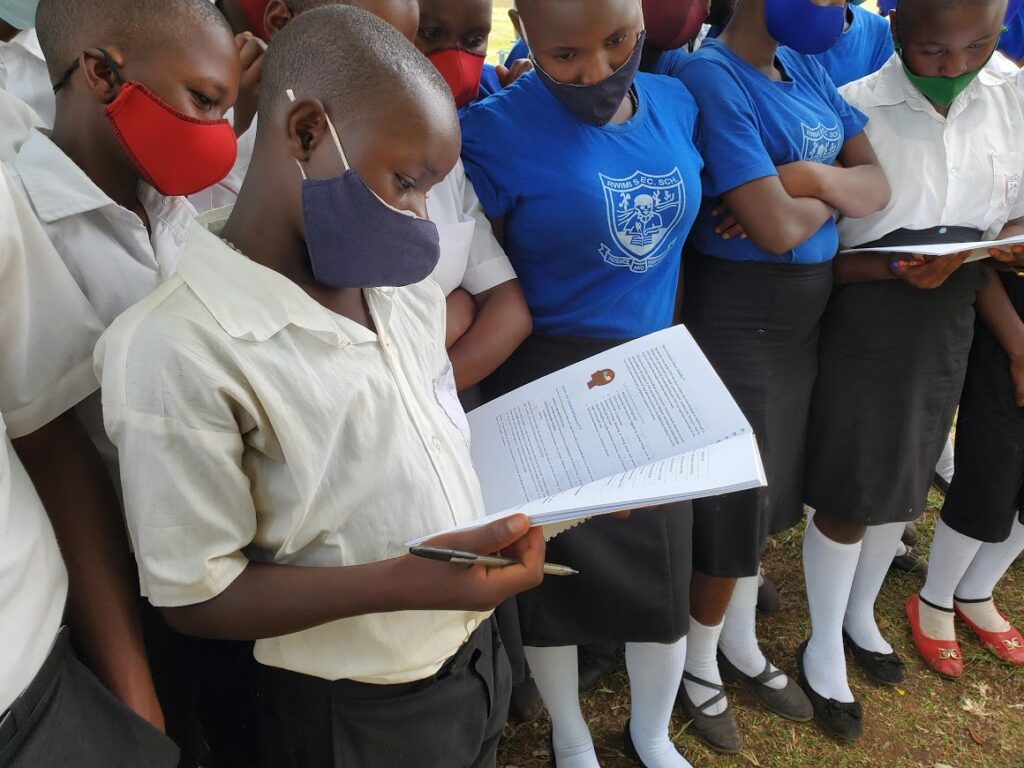
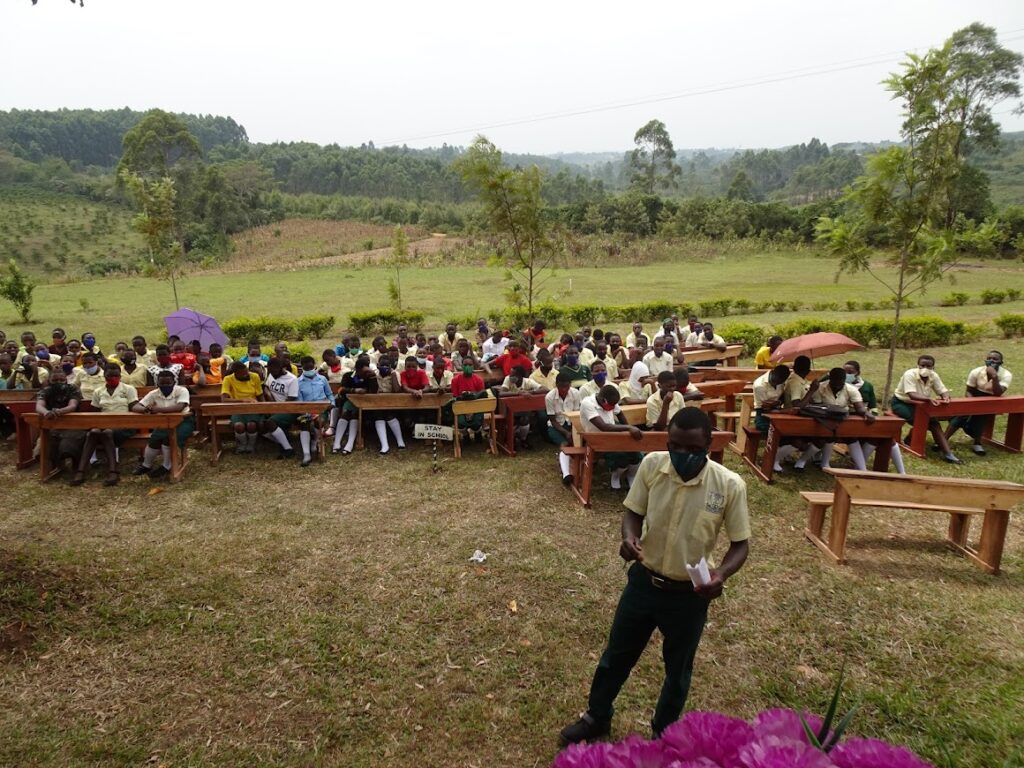
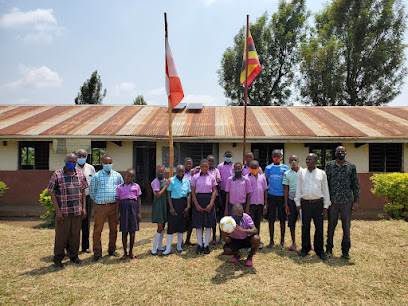
Helping schools adopt a new school curriculum
The Ugandan government faced a daunting task of how to reopen schools and what to do about missed years. With no precedent to guide them, the decision was thus made to promote all children who started in 2020 two classes ahead to avoid having older students in lower grades. To address the topics that students missed learning, a new curriculum was created that contained a condensed version of multiple years of the school curriculum that would be taught in the span of one year. This curriculum was introduced in January 2022, a month before schools opened in February 2022. The delayed introduction meant that teachers in rural and remote areas did not have access to the curriculum in time for school reopenings. HEAL International, through the support of our Learning Beyond Borders youth clubs, was there to help the 4 schools we support by printing and making available the curriculum teaching guides and resources. This gave teachers in these schools the opportunity to prepare to teach this curriculum and students a chance to benefit from this curriculum.
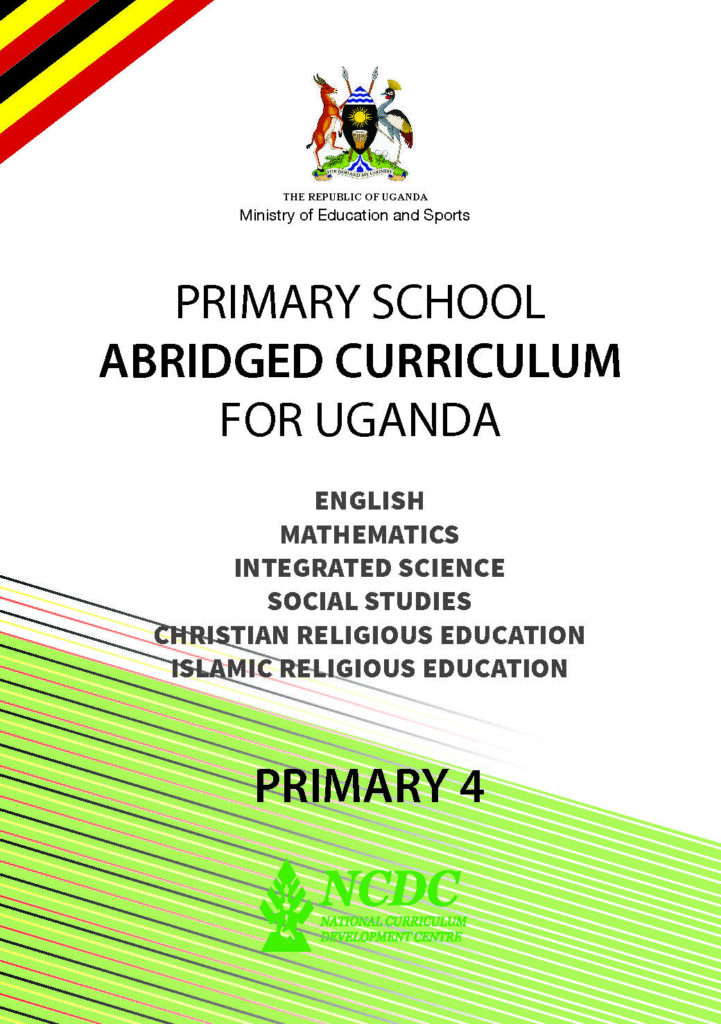
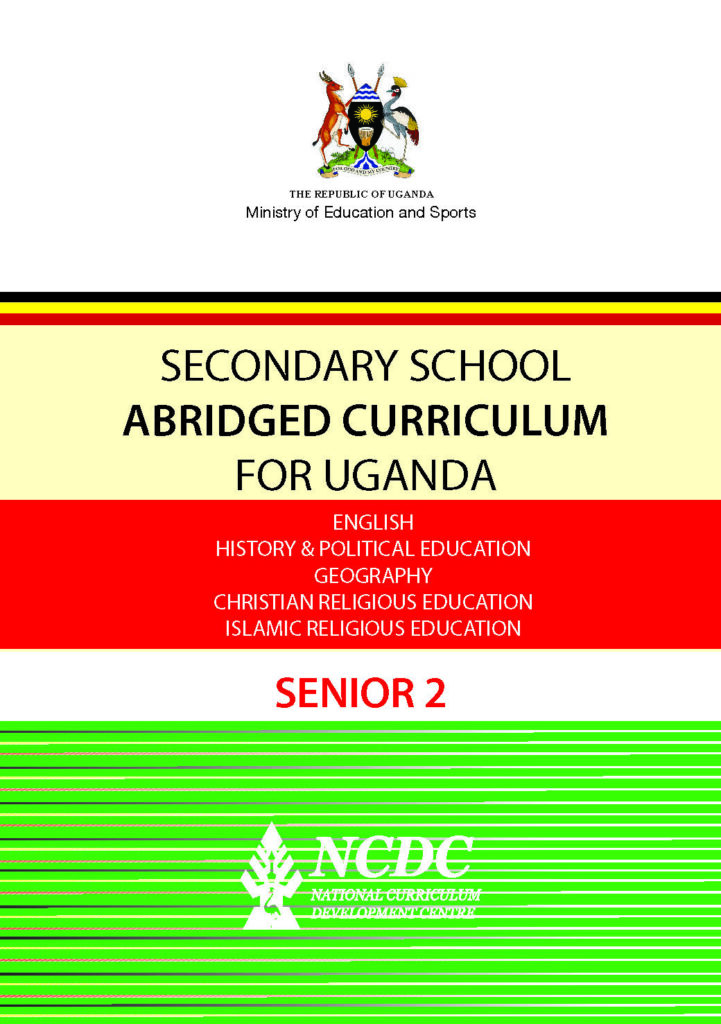
Giving an additional helping hand
Our youth mentorship program pairs past HEAL graduates with current students to provide mentorship in academics, career planning and building leadership and life skills. This year, we expanded the program to include more students as well as the frequency of interactions between mentors and mentees. This ensured that students facing challenges of reintegration into school received additional support. Through this program, mentees receive guidance on how to best navigate through changes and gaps were identified that program staff could help address. We are grateful to our mentors who volunteer their time and resources and have come to the aid of our students. This program was started as a pilot in 2018 and given its positive impact on mentees, we now hope to expand this to an even larger base of students in the coming years.


The Health and Well-Being of Students
Our Peer Education Rwenzori (PER [previously Peer Education Kabarole]) program provides peer-based health education to over 9,000 students in schools in the Rwenzori region of western Uganda. With the reopening of schools, PER worked to raise awareness of safe practices such as masking, handwashing and physical distancing to help prevent the spread of COVID and other respiratory infections. Many rural youth had not heard about these practices while in their villages and it was important that we were able to equip them with the knowledge they needed to stay safe.
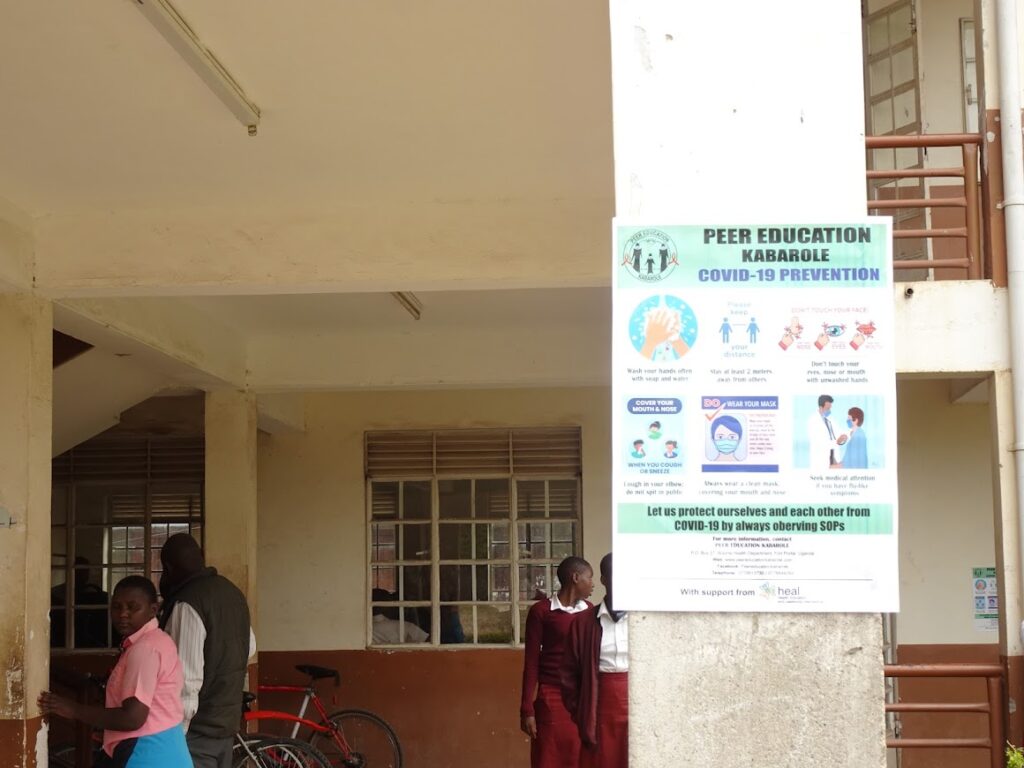
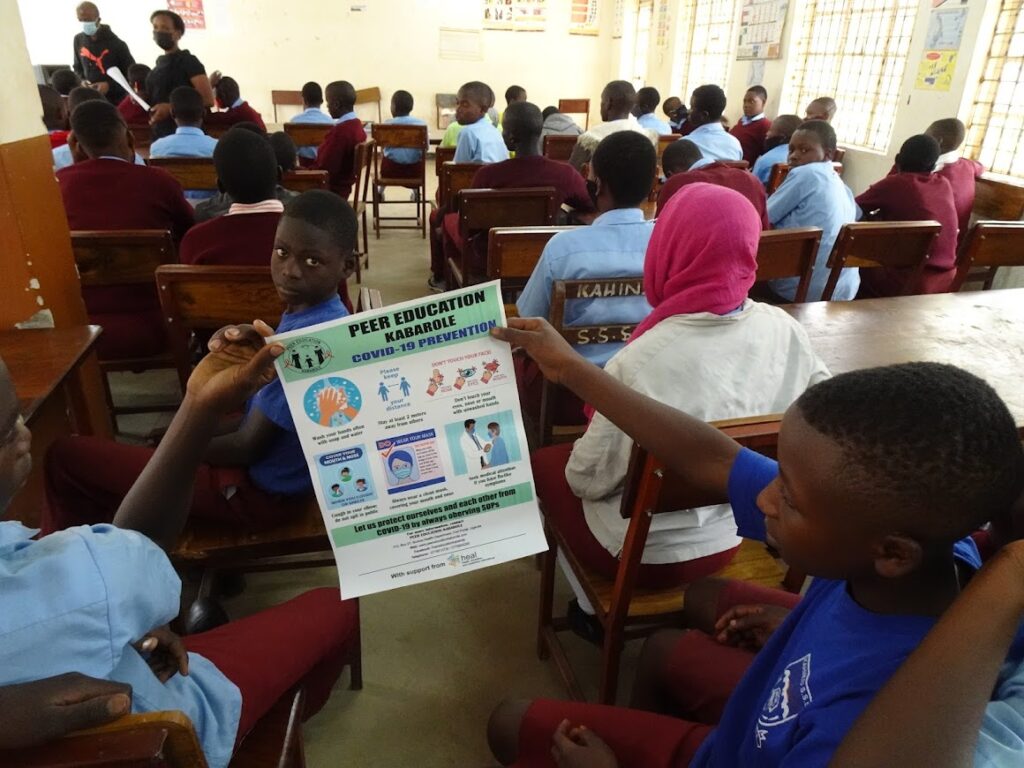
In 2022, we also introduced a new mental health curriculum in these schools. This curriculum, developed by volunteers, provides information on common mental health conditions and what youth can do to protect and maintain their mental health. Work on this curriculum began in 2019 prior to the pandemic and little did we know how timely and relevant this would be. Youth now have a better understanding of the biological, social and environmental causes of poor mental health and practical examples of what they can do to maintain a positive state of mental health. We greatly appreciate the work of volunteers in Canada and Uganda who contributed to this curriculum.
In past years, we had heard about the days of school missed by girls experiencing their menstrual periods. This year we embarked on an initiative to provide girls living in poverty with reusable menstrual pads. More information on this initiative can be found here: Menstrual Hygiene Support
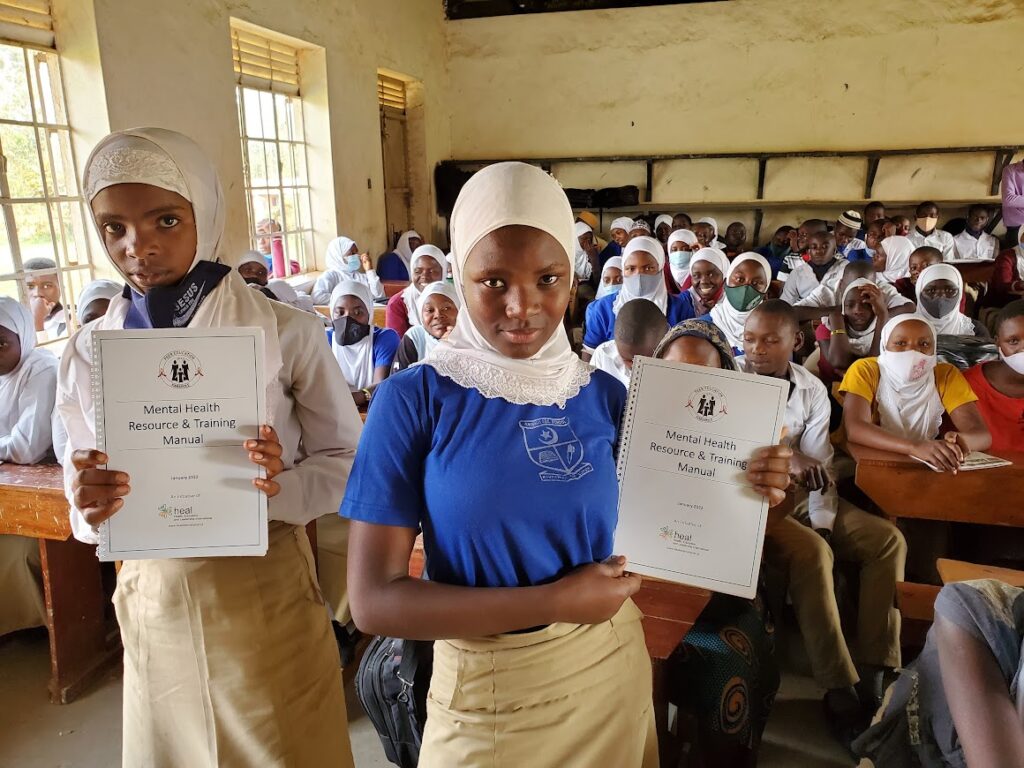
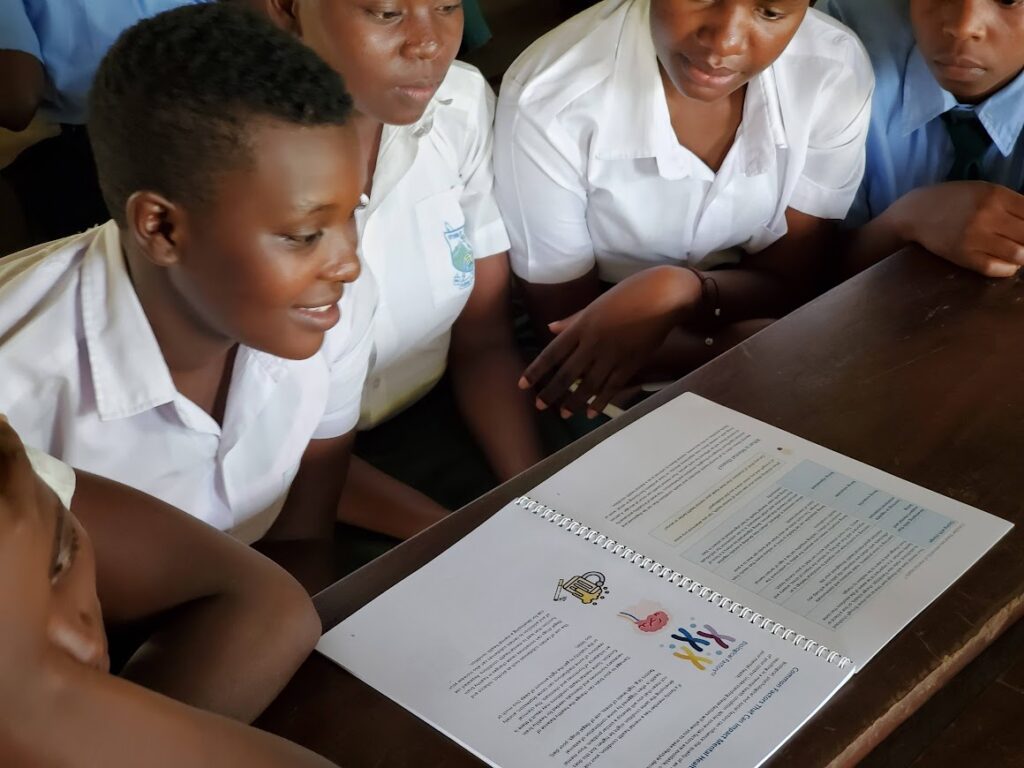
Bringing electricity to rural classrooms
Rural schools typically have no access to electricity, meaning that teaching takes place without lights or devices. Teachers who reside on school grounds endure unlit nights, making it hard for them to prepare for the next day’s class. In 2021, we received a generous donation for the installation of solar electricity in the rural schools we support. You can read more about this here: Bringing electricity to rural classrooms.
Some Student Profiles
HEAL Student Businge Geoffrey
Geoffrey lives at home with his mother and 4 siblings. His mother supports the entire family through menial labour jobs. His ambition is to become a doctor one day. He is a smart, bright and confident student who we hope will succeed in his education. Below is a photo of Geoffrey in his home with his family (mother to the right and then three of his siblings). This photo was taken in their living room where their only furniture is a wooden seat.
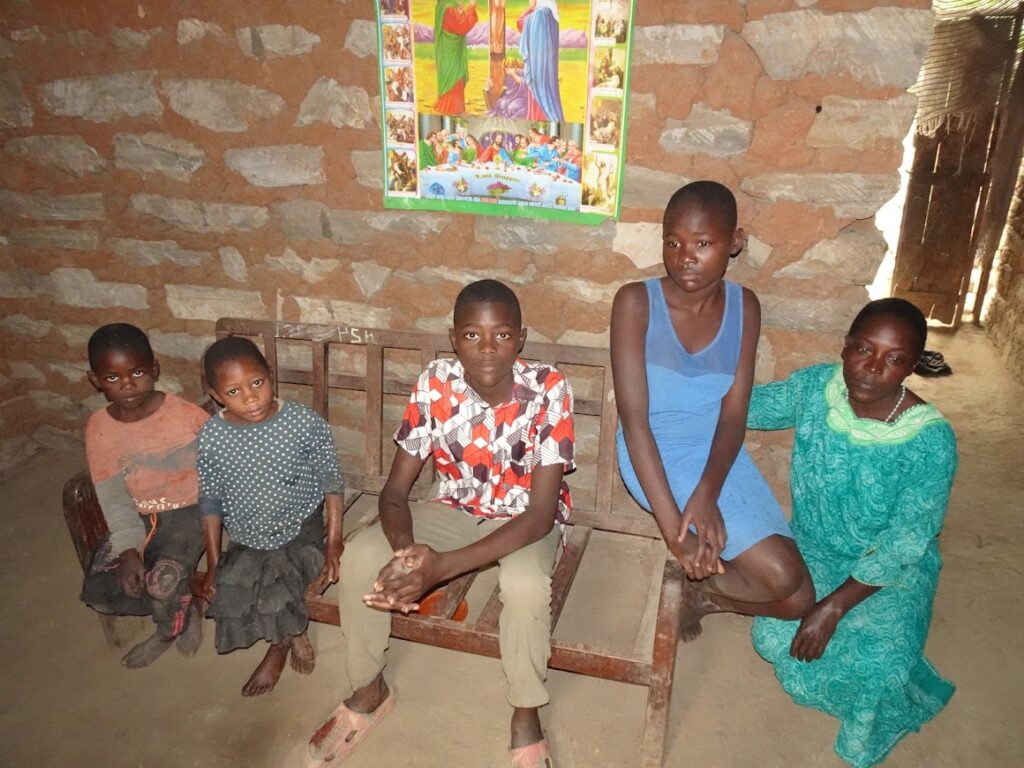
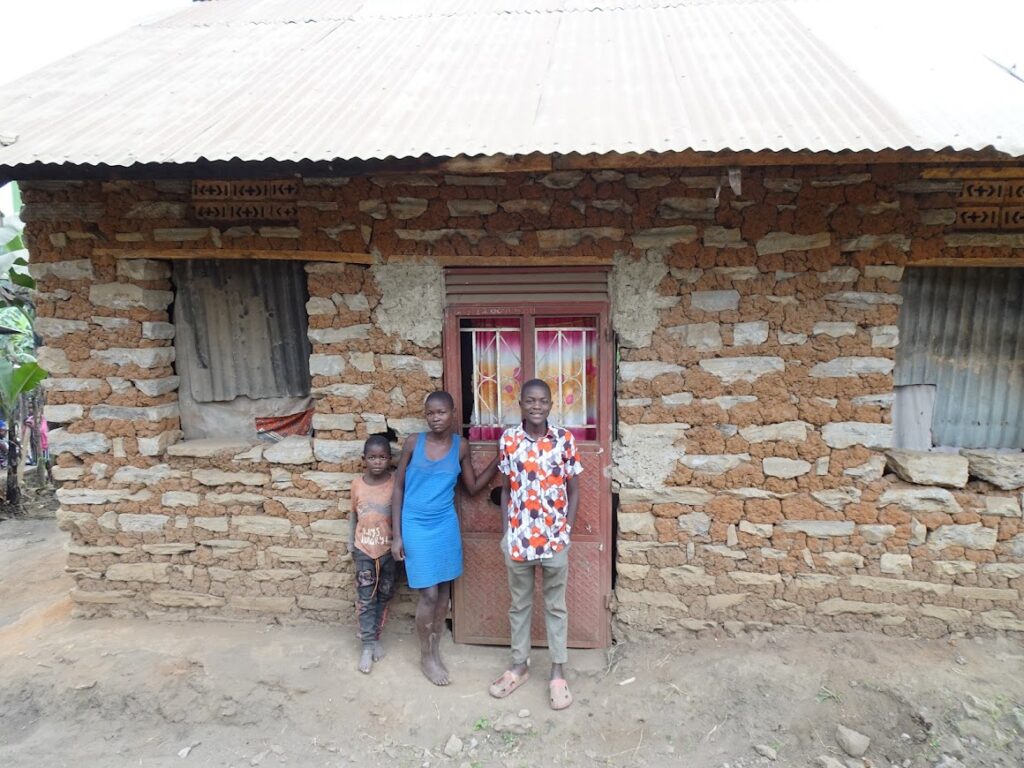
HEAL Student Nyakairu Patrick
Patrick comes from an unfortunate background where his mother is away all the time to earn money to support the family. He is left in the care of extended family who require that he do most of the housework. He lives with his family in a small one-room home that contains a shared bedroom, living room and dining room (see photo below). His hope is to complete school and start a trade as either a mechanic or in a shop so that he can become independent and not have to rely on his extended family.
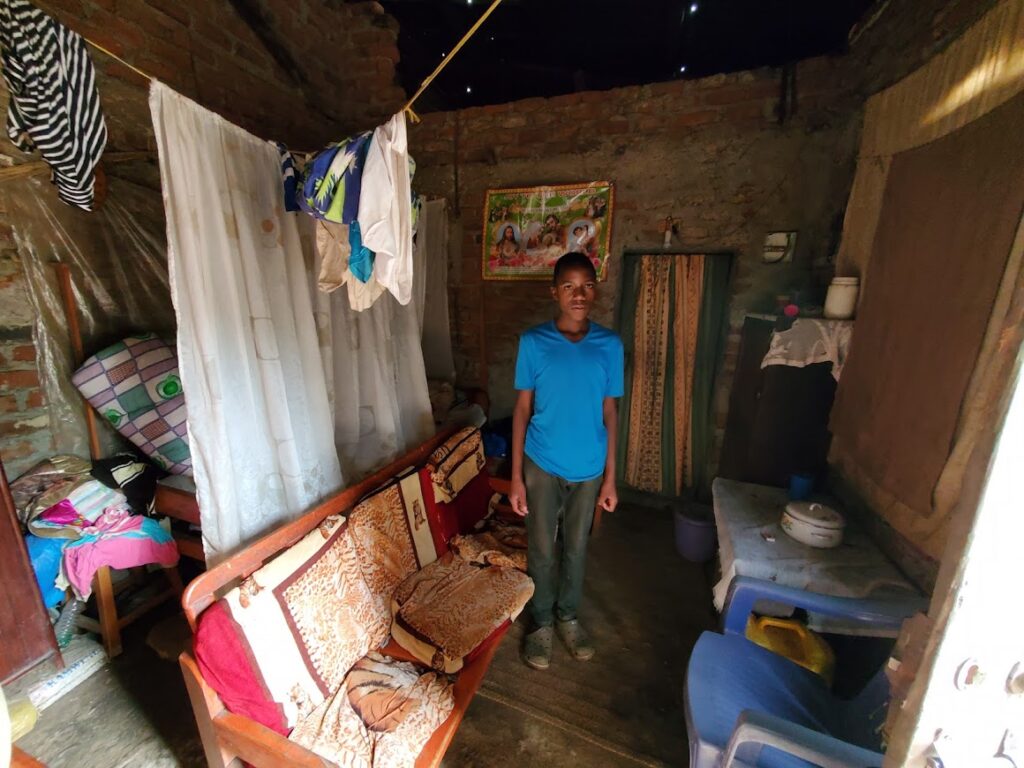
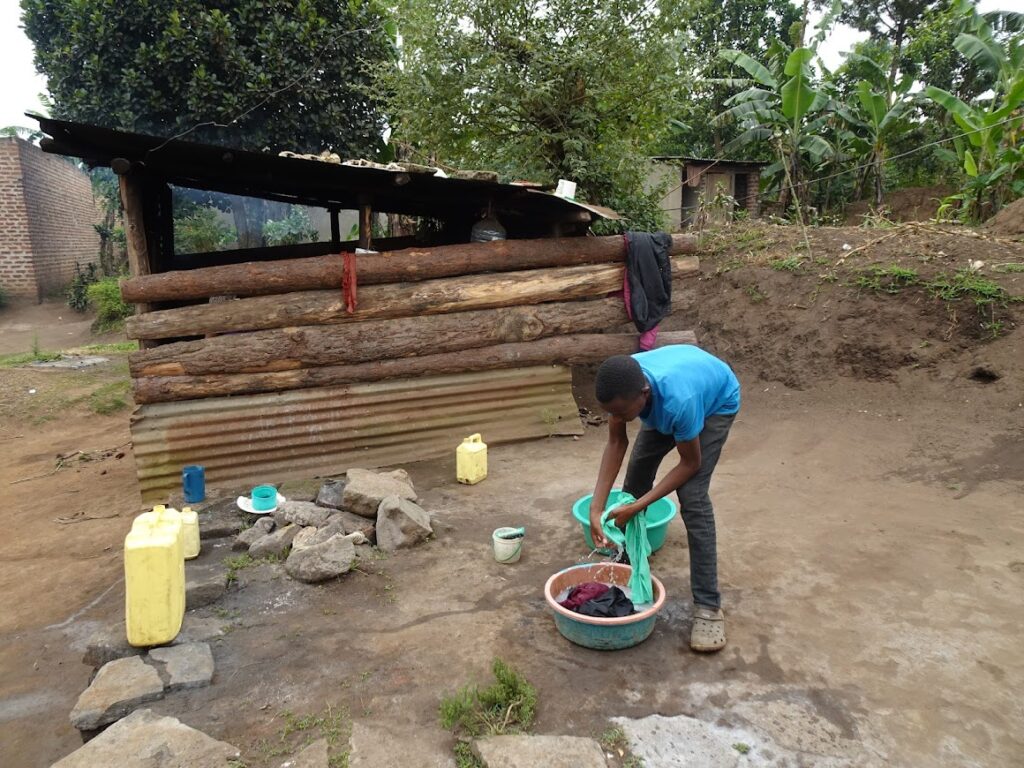
HEAL Student Kabahuma Esther
Esther is a very bright young woman currently in her last year of secondary school. Her home is quite far away, so she stays with one of her teachers at her school. She is the top student in her class and has promise to complete the year as the top student in the school. Her ambition is to be a doctor, which she should be able to achieve given her current grades.
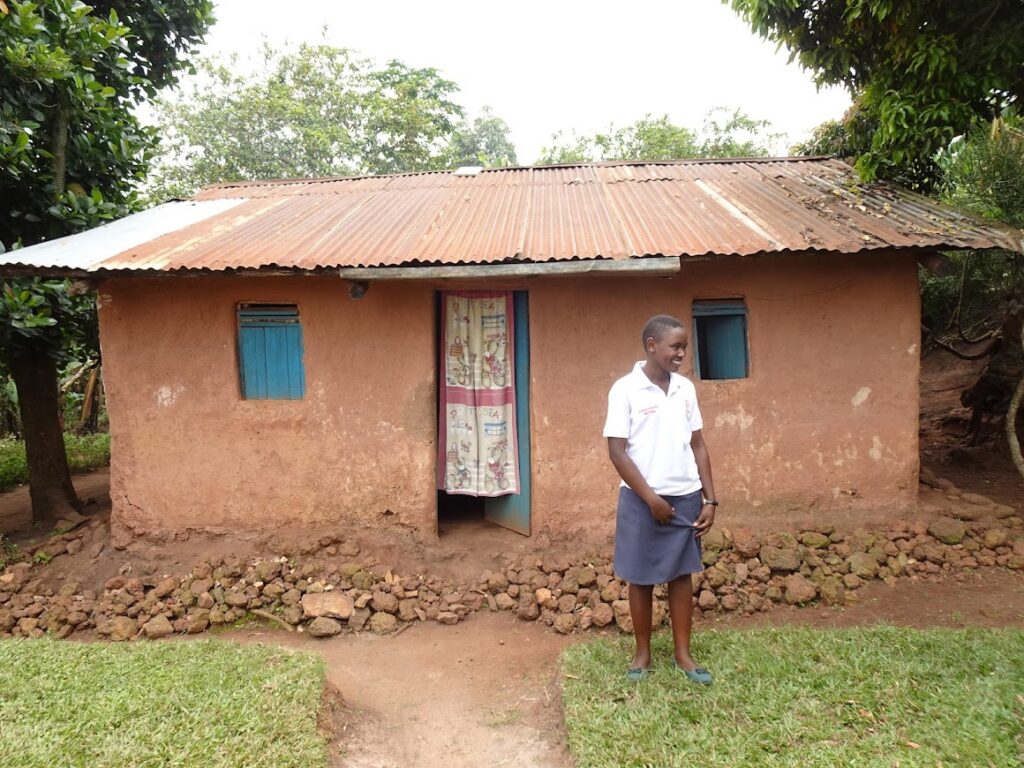
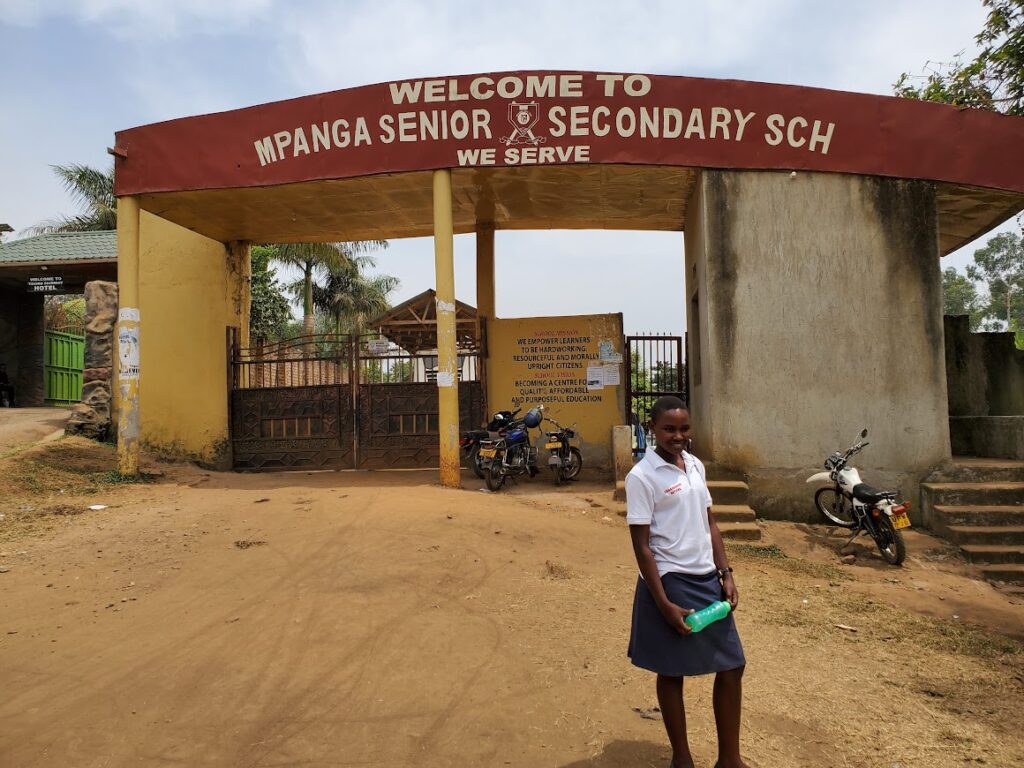
We thank all of our donors, supporters, and volunteers in Canada and Uganda for helping children return back to the classroom. As we look to 2023, our concerns about the well-being of students remains. With the recent Ebola outbreak in Uganda, classes are being cut short and anxiety amongst youth is increasing. Our commitment is to continue to be there for the children.
